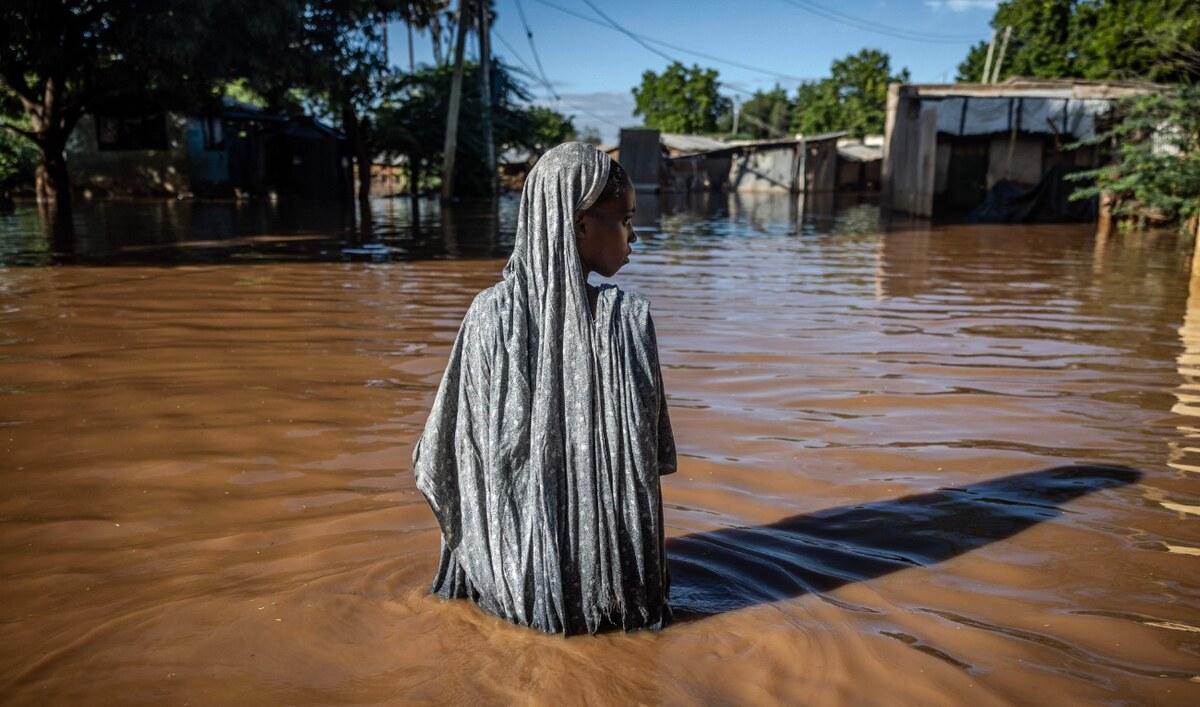WASHINGTON: Democratic US President Joe Biden and his Republican rival Donald Trump took the stage on Thursday night for a debate that offered voters a rare side-by-side look at the two oldest candidates ever to seek the US presidency.
Here are some of the major takeaways:
HOARSE AND BUGGY
The leading question going into the debate was how the two men, both of whom have faced questions about their fitness for the job, would handle themselves on stage.
The early going favored Trump, 78, who appeared forceful and energetic when compared to the 81-year-old Biden, who spoke in a hoarse, halting voice and coughed regularly.
The White House said during the debate that the president was suffering from a cold.
Biden began to find his footing later in the debate as he attacked Trump’s character. “The idea that I would apologize to you?” Biden asked at one point, incredulous after Trump accused him of mistreating veterans.
“You’re the sucker. You’re the loser,” Biden told Trump.
Each suggested the other was a criminal.
“The only person on this stage who is a convicted felon is the man I’m looking at right now,” Biden said and then accused Trump of having sex with porn star Stormy Daniels.
The bad blood between the two men was on display from the start when they eschewed the traditional handshake. Biden frequently referred to Trump as “this guy” and chuckled at some of his opponent’s more hyperbolic statements.
SPARRING OVER THE ECONOMY
Both candidates blamed the other for the number one issue on voters’ minds: inflation.
Biden accused Trump of leaving him a “terrible” economy in response to the moderators’ first question about rising prices paid by consumers.
Trump replied that Biden’s handling of the COVID-19 pandemic was a “disaster” and said inflation was “absolutely killing us.”
He blamed the pandemic for wrecking the economy and his shot at re-election. “Everything was rocking good,” he said.
Voters, right now, seem to be agreeing more with Trump than Biden, with polls showing they favor Trump’s handling of the economy.
Biden’s challenge on Thursday was to make clear to viewers that his administration is the one that dug the country out of the pandemic-induced hole.
“There was no inflation when I became president,” Biden said. “You know why? The economy was flat on its back.”
LOSING HIS TRAIN OF THOUGHT
Biden seemed to lose his train of thought while responding to a question about the national debt.
His voice trailing off several times, Biden first referred to “billionaires” as “trillionaires” before correcting himself.
Then, while arguing that the wealthy should pay more tax, he seemed unable to complete his sentence, pausing for an extended awkward moment, before ending his thought in a way that sounded nonsensical.
Tax reform would create money to help “strengthen our health care system, making sure that we’re able to make every single solitary person eligible for what I was able to do with the, with the COVID, excuse me, with dealing with everything we had to do with,” Biden said before pausing.
“We finally beat Medicare,” Biden said, likely referring to COVID-19.
Trump pounced.
“He’s right. He did beat Medicare. He beat it to death.”
THE SWEET SPOT
CNN served up exactly the topics the candidates wanted to discuss. In the weeks prior to the debate, the candidates and their campaigns openly signaled what they wanted to talk about: for Biden, it was abortion rights, the state of democracy and the economy. Trump wanted to talk immigration, public safety and inflation. In each case, the candidates’ aides thought it would allow them to tee up winning talking points.
They got their wish: CNN’s moderators, Jake Tapper and Dana Bash, opened the debate by asking about the economy, before turning to abortion and immigration, then hitting foreign policy and the attacks on the Capitol on Jan. 6, 2021.
The economy is the number one concern for voters, and registered US voters favor Trump on the issue, 43 percent to 37 percent, according to Reuters/Ipsos polling this month. The Republican has a more significant edge — 44 percent to 31 percent — on immigration. Americans favor Biden 36 percent to 27 percent on health care.
Whether the debate changes those numbers remains to be seen. (Reporting by Trevor Hunnicutt and James Oliphant; Editing by Ross Colvin and Daniel Wallis)




























